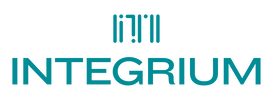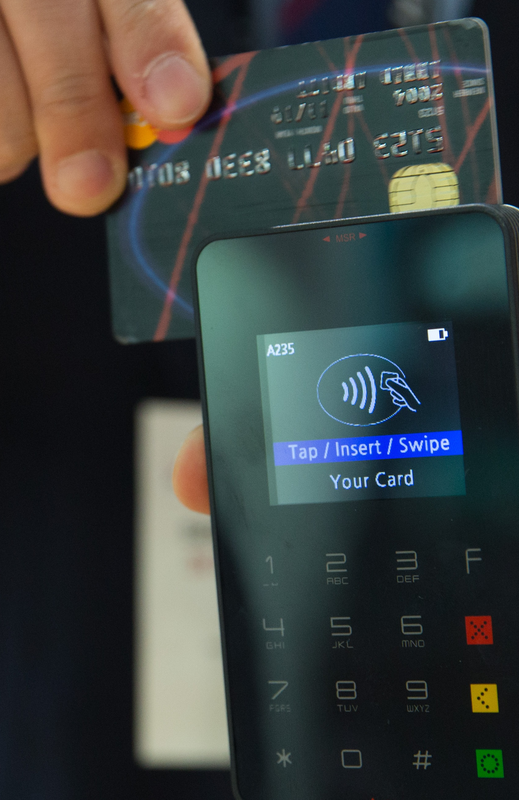Regulatory Update |
5 August 2019
|
Regulatory Update
|
|
Updates on AML/CFT and insolvency matters
5 AUGUST 2019
|
|
|
The Monetary Authority of Singapore ("MAS") has issued a consultation paper (“CP”) on two anti-money laundering and countering the financing of terrorism (“AML/CFT”) notices [1] under the new PSA as it gears up to the implementation of the new payment services regime. The new regulatory framework for payment services is intended to provide a more conducive environment for innovation in payment services. Consistent with this intent, the proposed AML/CFT requirements will be similar to the existing ones, while dialing up requirements for certain payment services of perceived higher risk. As a brief reminder, the PSA covers seven distinct regulated services:
At the outset, activities D and E will not be subject to MAS AML/CFT requirements. Activities A, B, C, and G will be subject to MAS AML/CFT standards, and are grouped together under the SPS Notice. The SPS Notice is largely aligned with and will replace MAS’ Notices 3001 and PSOA-02. [2] Activity F is separately covered under the DPTS Notice. This differentiation is in line with recent international guidelines for Virtual Asset Services Providers (“VASPs”) and the perceived high-risk nature of these activities. The Notices require Financial Institution ("FI") to implement AML/CFT measures, including:
The proposed Notices also provide for exempted products and activities, while suggesting several differences from what may have been previous industry practices (e.g., the use of correspondent services and third-party reliance for the digital payment token industry). While the CP in general covers a number of potential regulatory requirements (e.g., requirements for dealing in precious stones and precious metals when done by a FI), the more determined regulatory requirements are discussed below. Lower-risk Products and Activities As noted in a previous consultation paper on the implementation of the PSA, certain products and activities would be deemed lower-risk. These are broken down in the CP in the following table. |
DOWNLOADABLE RESOURCES
|
|
|
|
|
|
|
There are some exemptions for these products and services. For example, for cross-border wire transfers the FI may conduct simplified customer due diligence, unless the annual cumulative transactions undertaken for a customer exceeds S$20,000.
AML/CFT requirements - Third Party Reliance The criteria for Third Party Reliance (“TPR”) closely follow what is already practiced in the industry. However, MAS has proposed that VASPs, whether local or foreign, are excluded from using third-party reliance in conducting AML/CFT checks. This significantly deviates general industry standards, and presents what may be a very high-bar for certain service providers to overcome. AML/CFT requirements - Correspondent Services The provision of correspondent services very closely mirrors that of what is required under the existing Notice 3001. Normal due diligence and risk mitigating measures would also have to be put in place, including:
AML/CFT requirements - Money-changers As money-changing activity has been identified as posing high ML/FT risk, MAS has proposed that all transactions will require the requesting individual or entity to require full CDD. The current threshold for not performing CDD of up to $5,000, in cases of unidentifiable sources, will be retained. The exemption from doing CDD has, however, been extended to up till $20,000, but on if the source of funds is identifiable. While this may not affect brick and mortar money-changers, it will allow more leeway for newer, non-physical, changers. Taking these thresholds into consideration brings in other unspoken requirements. These include ongoing transaction monitoring and the need to detect instances where customers structure transactions for the purposes of avoiding CDD, such as breaking down a single transaction into two or more transactions. AML/CFT requirements - DPT services Digital payment token, or "DPT", will now include almost all forms of tokens and providers of such facilities have been deemed as high-risk activities. Digital payment token service providers (“DPTS providers”) will include licensees who:
This effectively includes most, if not all, token exchanges and e-wallets that facilitates transfers of token from one party to another. These activities are currently unregulated by MAS but will the introduction of the PSA, will be required to be licensed and consequently adhere to the notice. Another development is the requirement that cross-border transfers of DPT should be treated as a cross-border wire transfer. This compels DPTS providers to hold required and accurate originator information and required beneficiary information on DPT transfers, and to immediately and securely provide the above information to beneficiary DPTS providers and counterparts. As a recipient of DPT transfers, they are also required to obtain and hold originator and beneficiary information. This treatment is very similar to how SWIFT transactions are currently handled, and it brings more uniformity to standards on how transactions are being executed. Finally, MAS has also proposed to do away with any specified threshold exemptions on the need for CDD, due to the high risk nature of these transactions. This, coupled with the above mentioned restrictions on third-party reliance, places the CCD burden solely on the DPT service provider. Conclusion The CP and accompanying Notices provide one more key glimpse into the final structure of the PSA regime. While still at the consultation stage, much of the propose AML/CFT regime follows current standards in the industry or closely aligns with emerging international norms. As such, it is likely that much of this will make it into the final regulatory notices when promulgated. |
|
|
|
|
|
[1] The notices under consultation are the: (i) “Notice to Payment Services Providers (Specified Payment Services) on Prevention of Money Laundering and Countering the Financing of Terrorism (“SPS Notice”)”; and (ii) “Notice to Payment Services Providers (Digital Payment Token Service) on Prevention of Money Laundering and Countering the Financing of Terrorism (“DPTS Notice”)), collectively (the “Notices”). [2] “Notice 3001 Prevention of Money Laundering and Counterfeiting the Financing of Terrorism – Holders of Money-Changer’s License and Remittance License” and “MAS Notice PSOA-02 to Holders of Stored Value Facilities on Prevention of Money Laundering and Countering the Financing of Terrorism.” |
|
|
|

